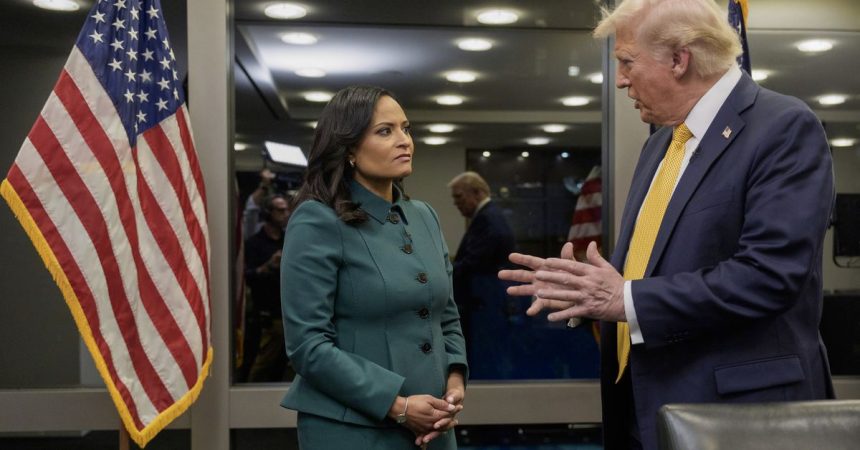The speaker, presumably a political candidate, reflects on their successful utilization of TikTok during their campaign, specifically highlighting its effectiveness in reaching young voters. They credit a “TikTok Jack” for this success, noting a significant swing in youth support compared to a previous election, moving from a 30-point deficit to a 35-point advantage. While acknowledging the platform’s efficacy, they also express a degree of ambivalence, suggesting that another platform might eventually replace TikTok’s current prominence. They then pivot to the legal landscape surrounding TikTok, mentioning a judge’s ruling that allows for banning Chinese-owned companies, implying that TikTok’s ownership structure could be the basis for such a ban. This statement, however, requires further clarification as it conflates the broader issue of banning foreign-owned companies with the specific legal challenges facing TikTok.
Delving deeper into the campaign’s engagement with young voters, the speaker underscores the dramatic shift in youth support. A 30-point deficit in a previous election transformed into a 35-point surplus in the most recent one, a total swing of 65 points. This impressive turnaround is attributed to the strategic deployment of TikTok. The speaker’s reliance on the platform highlights the evolving landscape of political campaigning, where digital strategies, especially those targeting younger demographics, are increasingly crucial. The success with TikTok demonstrates its potential as a powerful tool for political outreach and mobilization, allowing candidates to directly connect with a demographic often difficult to engage through traditional media.
However, the speaker’s ambivalence towards TikTok hints at a broader concern about the ephemeral nature of social media platforms. The statement that “something else is going to come along and take its place” suggests an awareness of the constant evolution of the digital space. This raises questions about the long-term sustainability of any single platform as a core element of a political strategy. The rapid pace of technological advancement and shifting user preferences necessitate continuous adaptation and exploration of emerging platforms to maintain effective communication with target audiences. This inherent volatility in the digital landscape poses a challenge for political campaigns that must remain agile and responsive to these changes.
Turning to the legal aspects surrounding TikTok, the speaker’s interpretation of the judge’s ruling requires further examination. Their statement that the ruling permits banning Chinese companies if their ownership can be proven simplifies a complex legal situation. While concerns about data security and potential foreign influence related to TikTok’s Chinese ownership are valid and subject to ongoing debate and legal scrutiny, the judge’s ruling likely focused on specific legal grounds, rather than a blanket authorization to ban any Chinese-owned company. This highlights the importance of accurate and nuanced understanding of legal pronouncements, particularly in the context of rapidly evolving technological and geopolitical landscapes.
The interplay between the campaign’s successful use of TikTok and the legal uncertainties surrounding the platform creates a dilemma. The demonstrated effectiveness of TikTok in reaching young voters clashes with the potential for its ban or restriction due to national security concerns. This tension underscores the challenges faced by political campaigns navigating the increasingly complex digital environment. Balancing the benefits of utilizing powerful platforms like TikTok with the potential risks and legal implications requires careful consideration and strategic planning. This includes developing contingency plans in case access to a particular platform becomes limited or prohibited.
In conclusion, the speaker’s comments offer a glimpse into the multifaceted challenges and opportunities presented by digital platforms in modern political campaigns. The success achieved through TikTok highlights its potent reach, particularly among young voters. However, the speaker’s ambivalence and the ongoing legal scrutiny surrounding the platform underscore the need for a flexible and adaptable digital strategy. The dynamic nature of the digital landscape demands ongoing assessment of emerging platforms and legal developments, ensuring that campaigns can effectively engage with target audiences while navigating the complex interplay of technology, law, and politics. This case study of TikTok’s utilization in a political campaign serves as a microcosm of the broader challenges and opportunities present in the evolving digital age of political communication.



